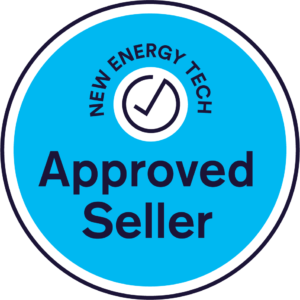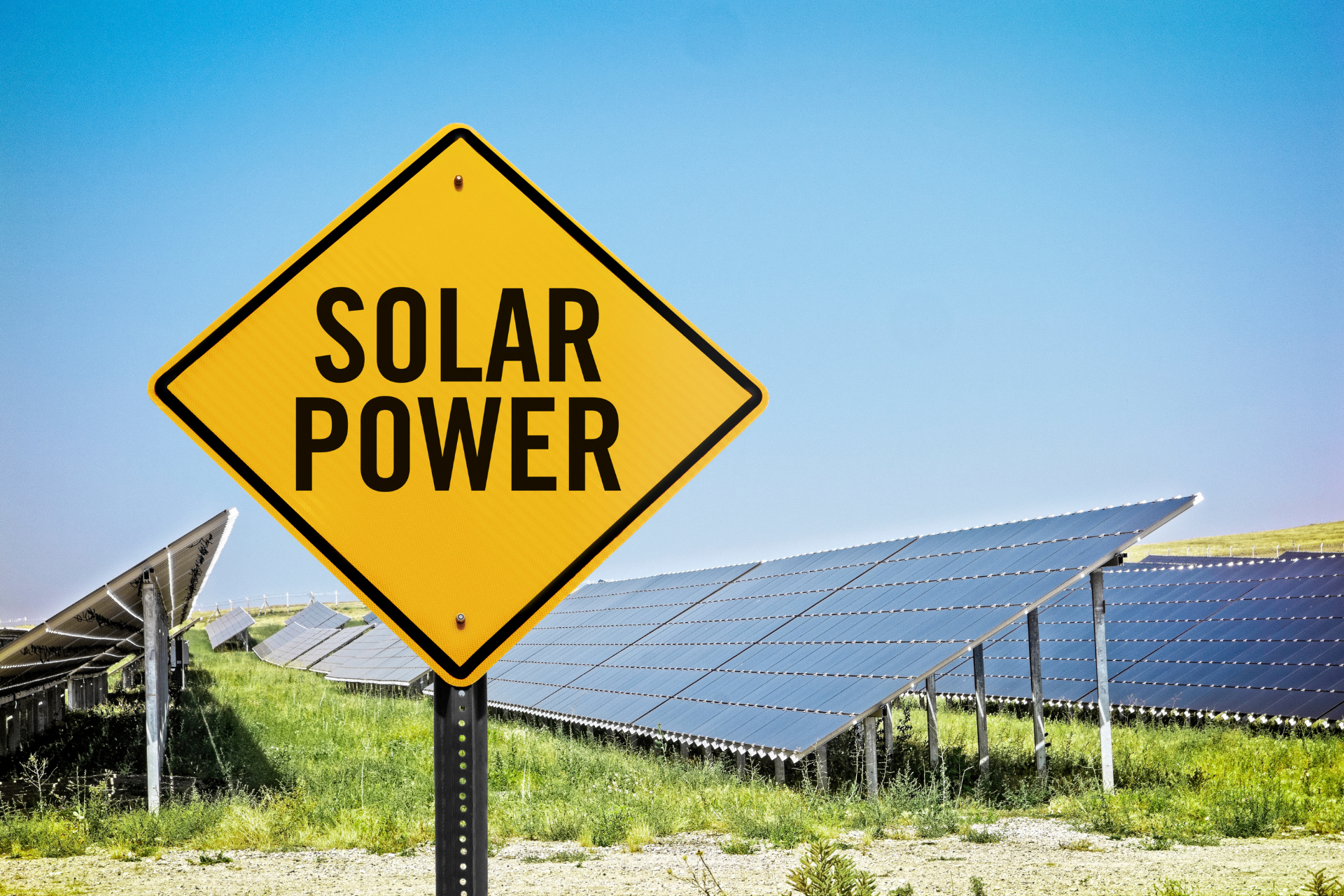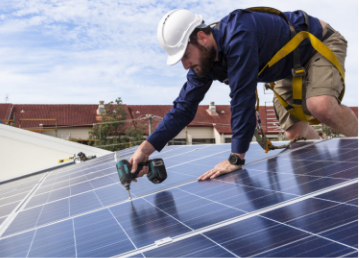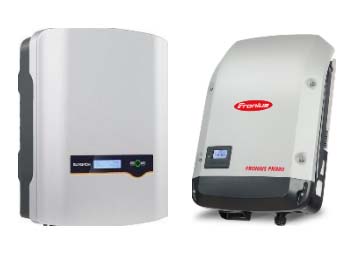For the last 15 years our team have been delivering solar solutions to homes and businesses across Queensland and New South Wales. Over this time, we’ve answered a lot of burning questions about solar power and its benefits. In this blog post, we aim to address some of the most frequently asked questions surrounding solar power, debunking common myths and shedding light on its potential benefits.
Q1: How does solar power actually work?
A solar power system works by capturing the sun’s energy using photovoltaic (PV) panels. These panels contain semiconductor materials that convert sunlight into electricity through a process known as the photovoltaic effect. This electricity can then be used immediately or stored in batteries for future use.
Q2: Is solar power only suitable for sunny regions?
While solar panels function most efficiently in direct sunlight, solar power can still be harnessed in areas with less sunshine. Modern solar panels are designed to convert both direct and indirect sunlight into electricity, meaning they can generate power even on cloudy or rainy days. However, panels in areas with less sunshine may produce slightly less electricity compared to sunnier regions.
Q3: What are the environmental benefits of solar power?
Solar power is a clean and renewable energy source that produces no harmful emissions during operation. By shifting to solar, we can greatly reduce our dependence on fossil fuels and mitigate the negative impacts of climate change. Additionally, solar power systems have a minimal water footprint compared to other forms of electricity generation, reducing strain on water resources.
Q4: Are solar panels expensive to install?
The cost of installing solar panels has significantly decreased over the years, making them much more affordable than before. While upfront costs can vary depending on factors such as system size and location, solar power systems can pay for themselves over time through reduced electricity bills and potential government rebates available in some regions. Many households and businesses find solar power a worthwhile long-term investment.
Q5: Can I power my entire home/business with solar panels?
Yes, it is possible to power your entire residential or commercial property using solar panels. Solar power systems can be customised to suit the energy demand of any property, from a small home to a large business. Systems can be designed to meet specific electricity needs, ensuring ample power supply for lighting, heating, cooling, appliances, and more.
Q6: What happens if I generate more solar power than I consume?
If your solar panels generate more electricity than you consume, the excess energy can be fed back into the grid. This allows you to earn credits for the surplus electricity you produce, which can be used to offset any energy you draw from the grid during times when your production falls short, such as at night or during cloudy days.
Solar power represents a technology that not only provides a sustainable solution for electricity generation but also offers numerous long-term benefits for both individuals and the planet. By debunking common misconceptions and addressing frequently asked questions, we hope to encourage more people to embrace solar power as a viable and environmentally friendly option to meet their energy needs.





